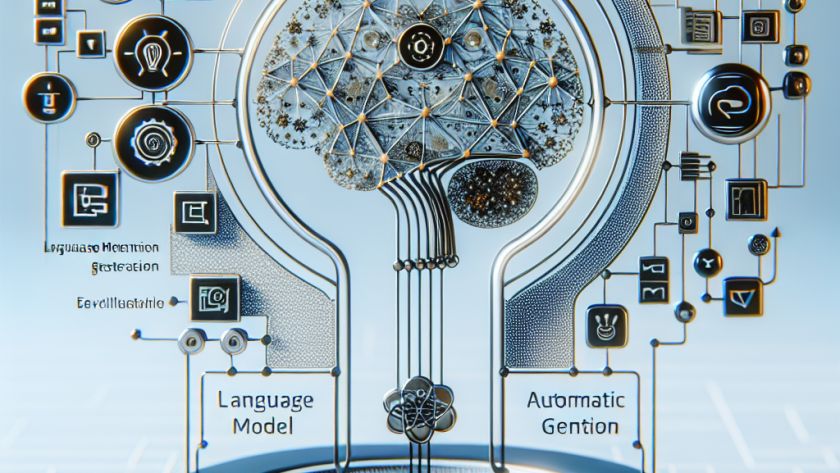


Researchers from MIT have utilized deep learning, a form of artificial intelligence, to find a class of compounds that can kill drug-resistant bacteria, specifically methicillin-resistant Staphylococcus aureus (MRSA). The significance of their research is that these compounds have low toxicity against human cells, making them suitable candidates for therapeutic drugs.
Crucially, the researchers can understand the…

Researchers from Massachusetts Institute of Technology (MIT) have conducted a study which demonstrates that sentences with complex grammar or unexpected meaning tend to stimulate the brain's key language processing centers significantly more than straightforward or nonsensical sentences. The study was led by Evelina Fedorenko, an Associate Professor of Neuroscience at MIT, and Greta Tuckute, a…




In the world of automated processes in modern industries, a new advancement has been introduced named FlowMind by JP Morgan AI Research. This research's primary focus is on implementing methods of automating tasks that require flexibility and spontaneous decision-making, unlike the conventional robotic process automation (RPA) systems that handle more static and routine activities.
Traditional RPA…

Researchers from the Massachusetts Institute of Technology's Computer Science and Artificial Intelligence Laboratory (MIT CSAIL) have introduced a system called Multimodal Automated Interpretability Agent (MAIA). It has been developed to address the challenge of understanding the complexities of neural models, most notably in the field of computer vision. The development and interpretation of these complex…



As global biodiversity decreases, with the 29% decline in wild bird populations in North America since 1970 offering a vivid example, effective monitoring systems are increasingly important. Birds are important indicators of environmental health, and information about bird species presence and behavior provides crucial data about overall biodiversity.
A cost-effective way that has been gaining momentum…

Artificial Intelligence (AI) technology has seen significant growth due to the introduction of Large Language Models (LLMs), which are being increasingly employed to deal with issues like conversation hallucination and managing unstructured multimedia data conversion. To facilitate this, Vector Data Management Systems (VDMSs) are specially developed for vector management. Platforms like Qdrant and Milvus, which…
